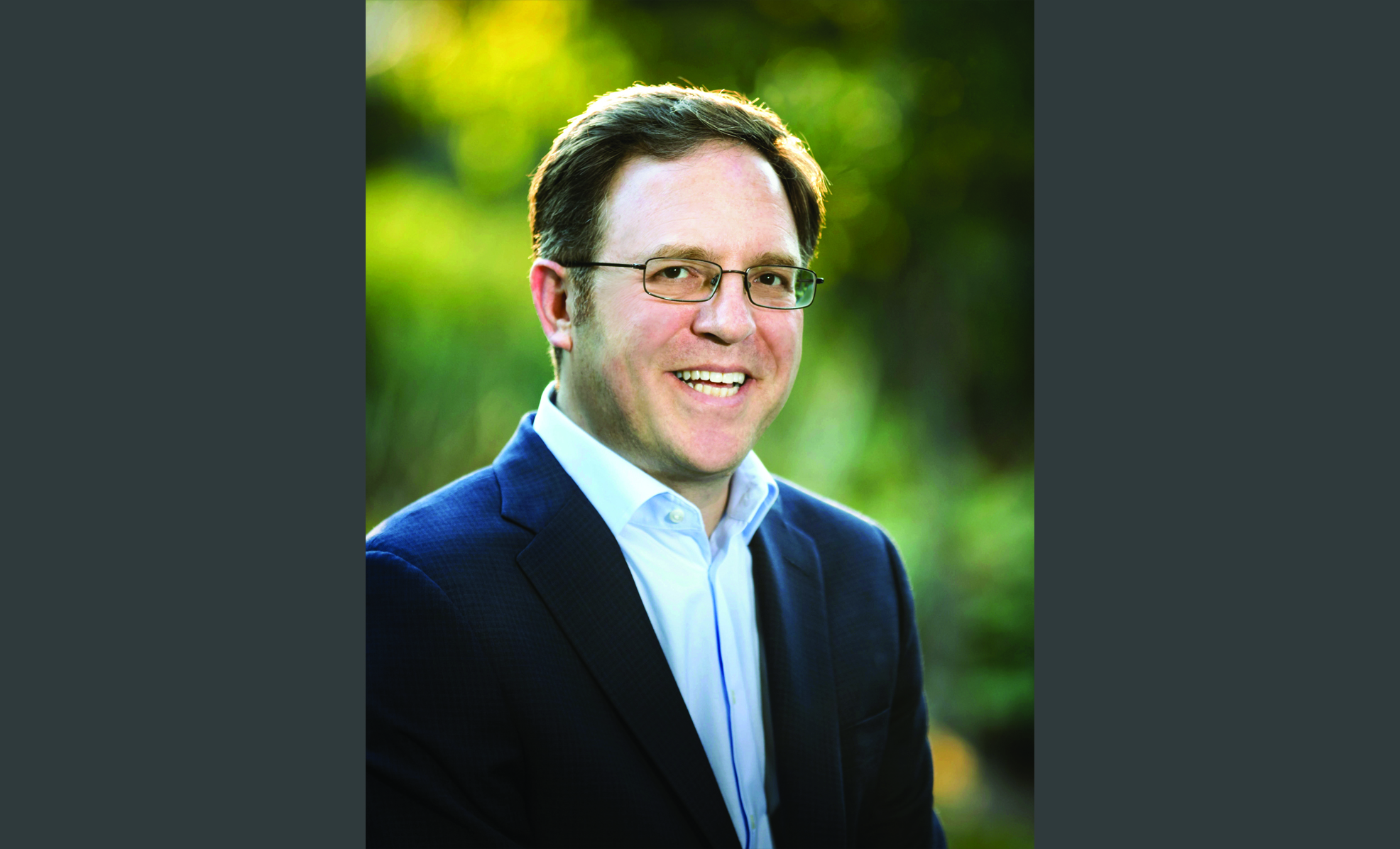Keeping the Internet Open and Free
-
-
slice.mit.edu
Filed Under
Recommended

Alan Davidson ’89, SM ’93, the first director of digital economy at the US Department of Commerce, will participate in the keynote panel at MIT Alumni Leadership Conference Sept. 21–22. Sign up today for ALC—registration closes this Sunday, Sept. 9.
When Alan Davidson ’89, SM ’93 was a student at MIT, he and his classmates had a notion that the technology they were using represented the dawn of a digital age that would reshape nearly all aspects of daily life.
“Many of us had an intuition about new technologies that would be huge in the future,” Davidson says. “And MIT gave us the tools to start thinking about what kind of social impact those technologies could have.”
Since he graduated from MIT, the impact of technology has been a constant theme in a professional career that includes law practice, public policy, protection of civil liberties, and the fight for net neutrality.
“I love seeing the power of technology and what it could mean for society,” Davidson says. “But it’s important to focus on the implications of what we build, and think about what the rules should be.”
Davidson served as the first director of digital economy for the US Department of Commerce from 2015 to 2017. He was charged with building a digital strategy for the department and led its work on Internet policy issues.
“It was a wonderful opportunity to serve my country,” he says. “I realized that you can have an incredible impact by working in the public sector. Society has huge problems, and technologists—especially ones trained at places like MIT—will play a huge role in finding answers.”
Davidson will touch on the growing synergy between technology and public policy at this year’s MIT Alumni Leadership Conference, where he will participate in a keynote panel that will focus on how MIT alumni can amplify the Institute’s role in fueling scientific innovation and advocate for science and technology.
“MIT has a central role to play in public policy—that’s why I’m so excited for ALC,” Davidson says. “The Institute is training the technical leaders of tomorrow, and we need more leaders in the public sector who have greater understanding of technology.”
Prior to serving as digital economy director, Davidson directed the Open Technology Institute for the Washington, D.C., nonprofit New America, which works to keep technologies, like the Internet, open and secure for all communities, and to ensure access is safe and affordable. He was also part of a New America project that works with universities, including MIT, in encouraging soon-to-be engineers and technologists to think more deeply about the ethics of their work.
Prior to New America, he helped open Google’s public policy office in D.C. in 2005, where he served as Google's first D.C.-based policy staffer and as Director of Public Policy in North and South America from 2005–2012.
“We know that technology can be a powerful voice for good, but we need to be thoughtful about how we deploy it,” he says. “Less than 10 percent of US lawmakers have a technical degree, and so many issues around privacy, security, and access have yet to be resolved. We need more people in these industries to think more about the ethical implications.”
Earlier this month, Davidson was named vice president of public policy, trust, and security for the Mozilla Corporation, which develops net-related applications including the Firefox web browser.
“My job is to put consumer issues front and center, and I’ll be working on security and privacy for products that people use every day,” he says. “We’re focused on keeping the Internet open and free.”
Davidson hopes the keynote panel at ALC will continue the conversation about the increased need for more scientifically trained leaders to get involved in public policy, and showcase the powerful impact of technology at the highest levels of government.
“This generation of engineers and technologists is a very mission-driven group,” Davidson says. “And we need more people like that in the public sector. It’s an amazing opportunity to make a difference in the world and to take the lead on the real-world implications of technology.”
Sign up today for ALC—registration closes this Sunday, Sept. 9.







